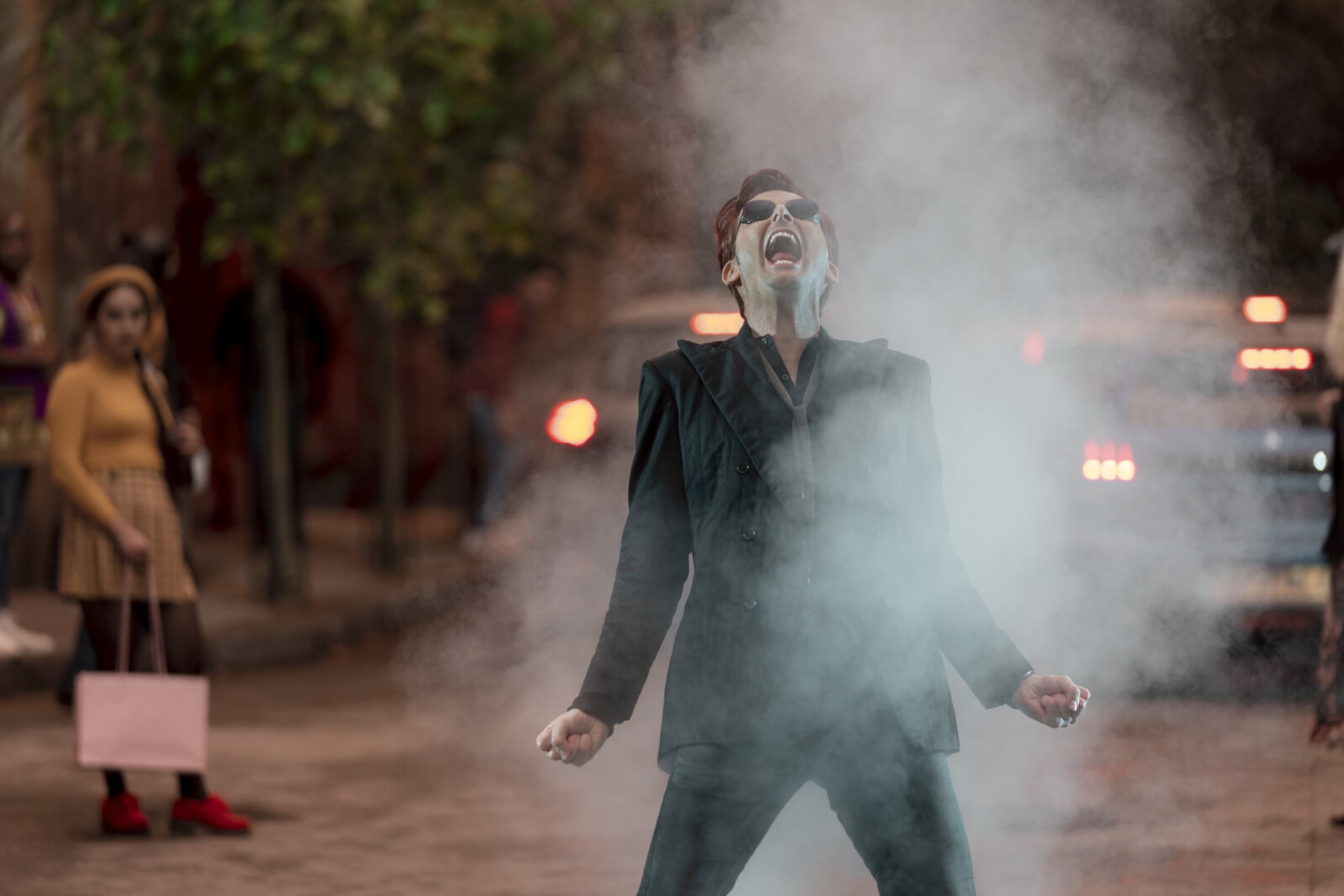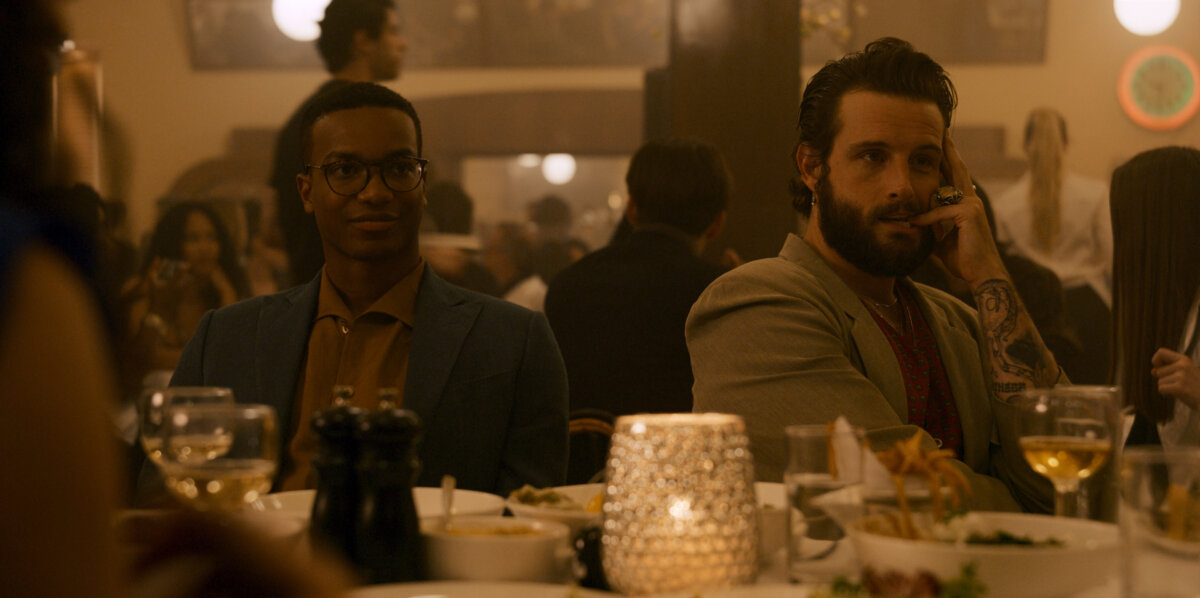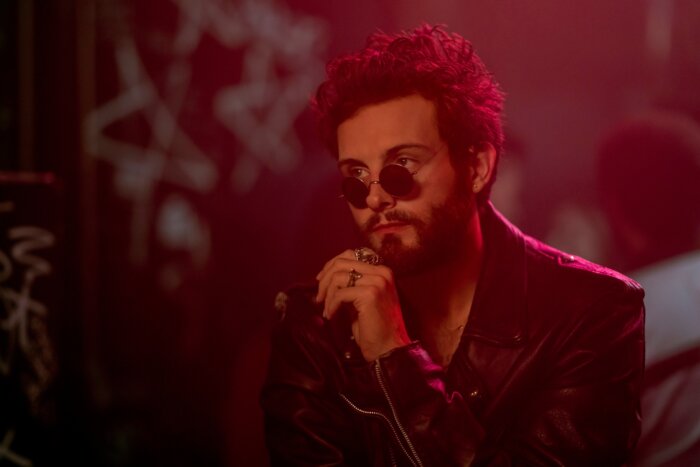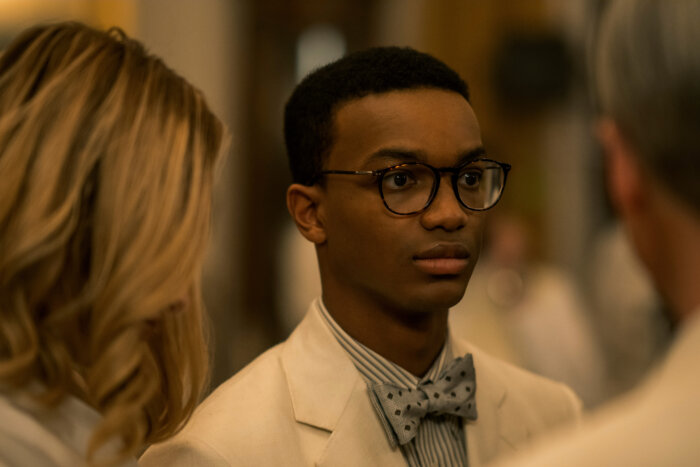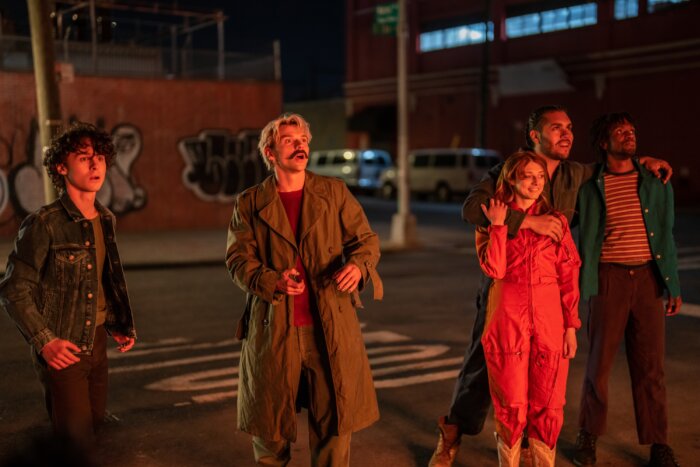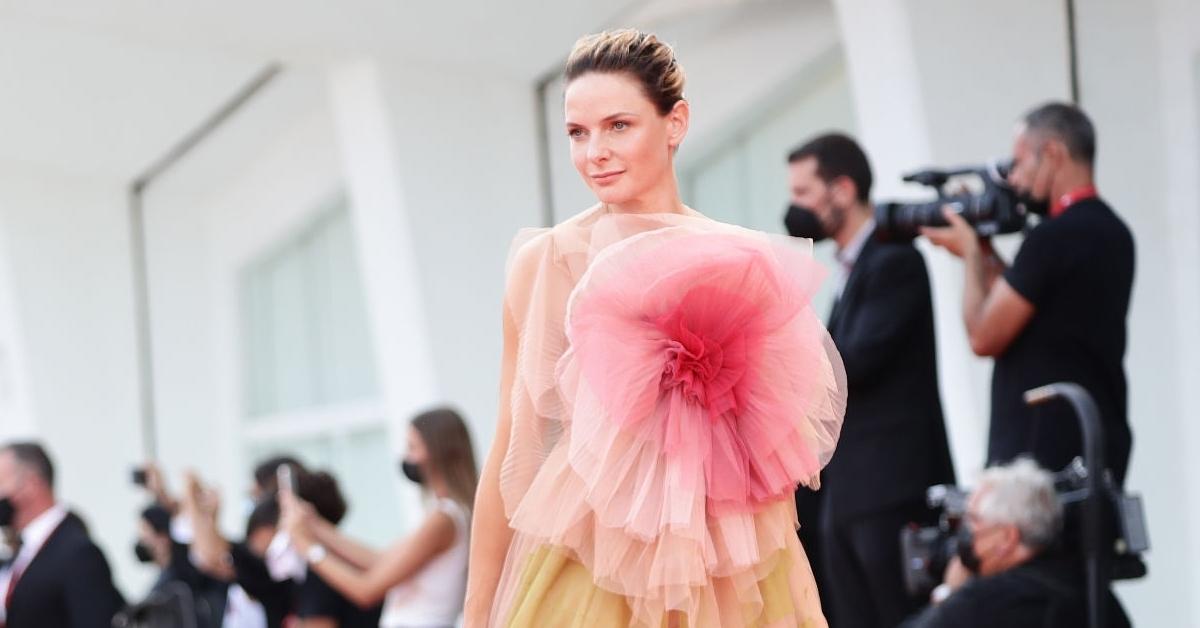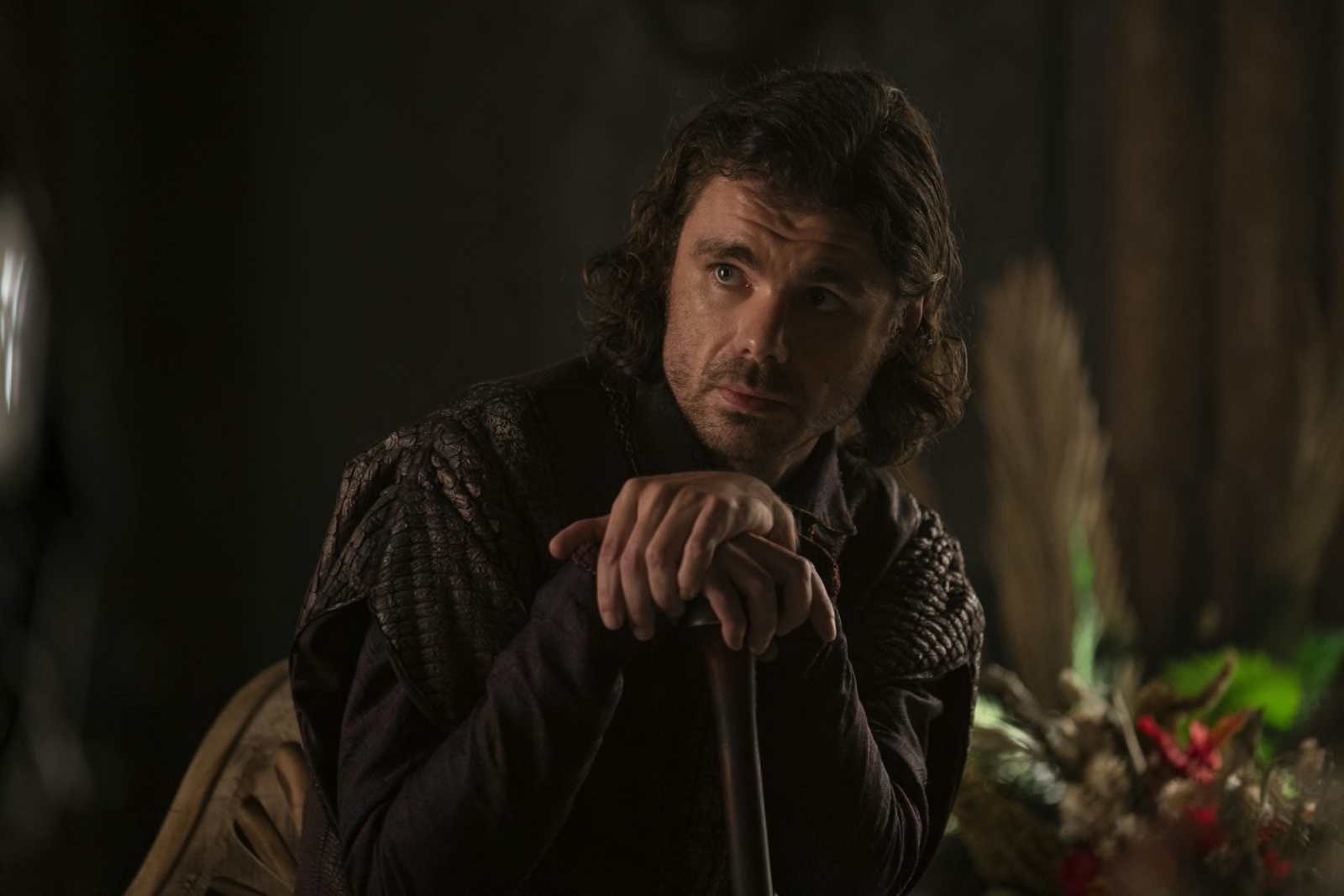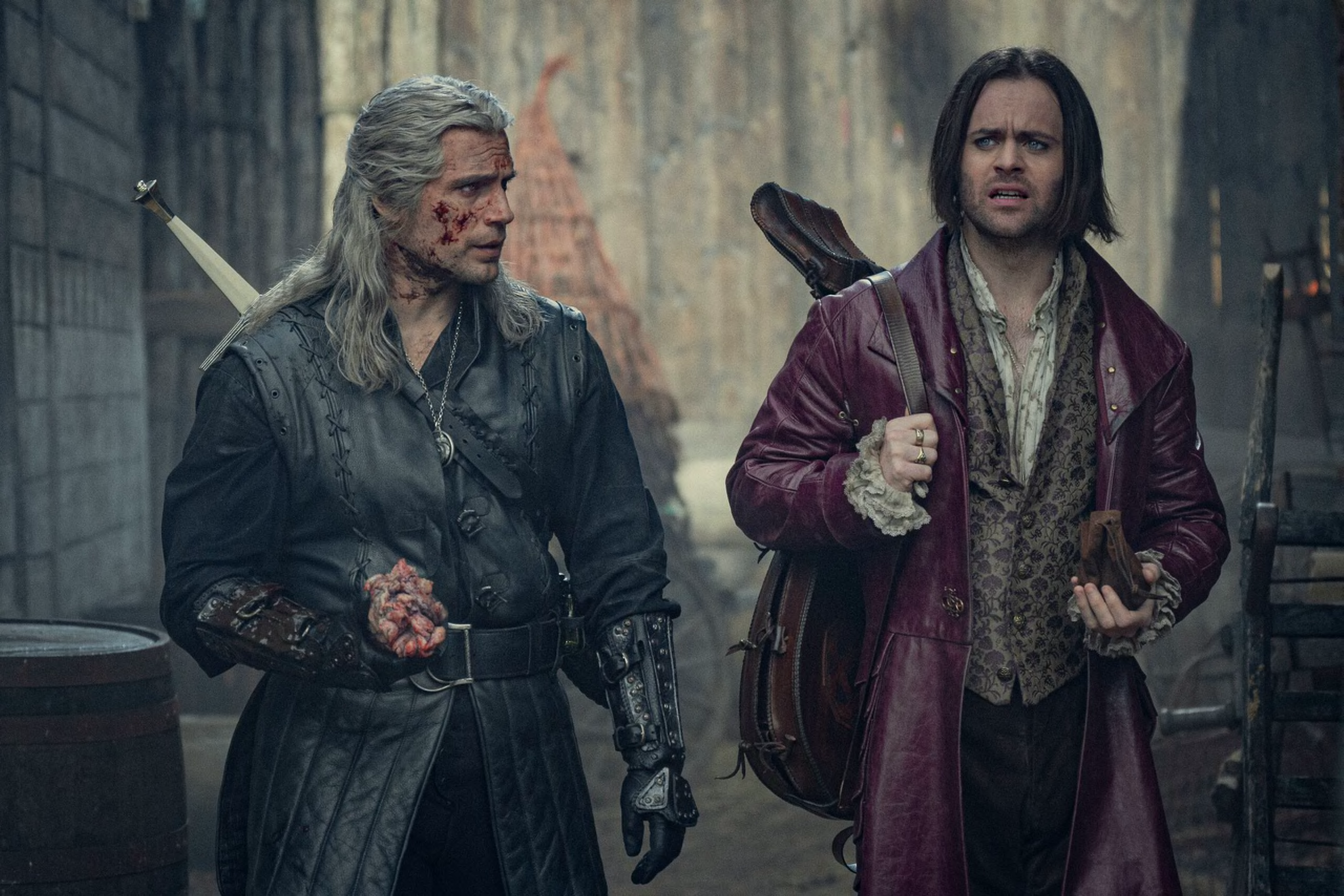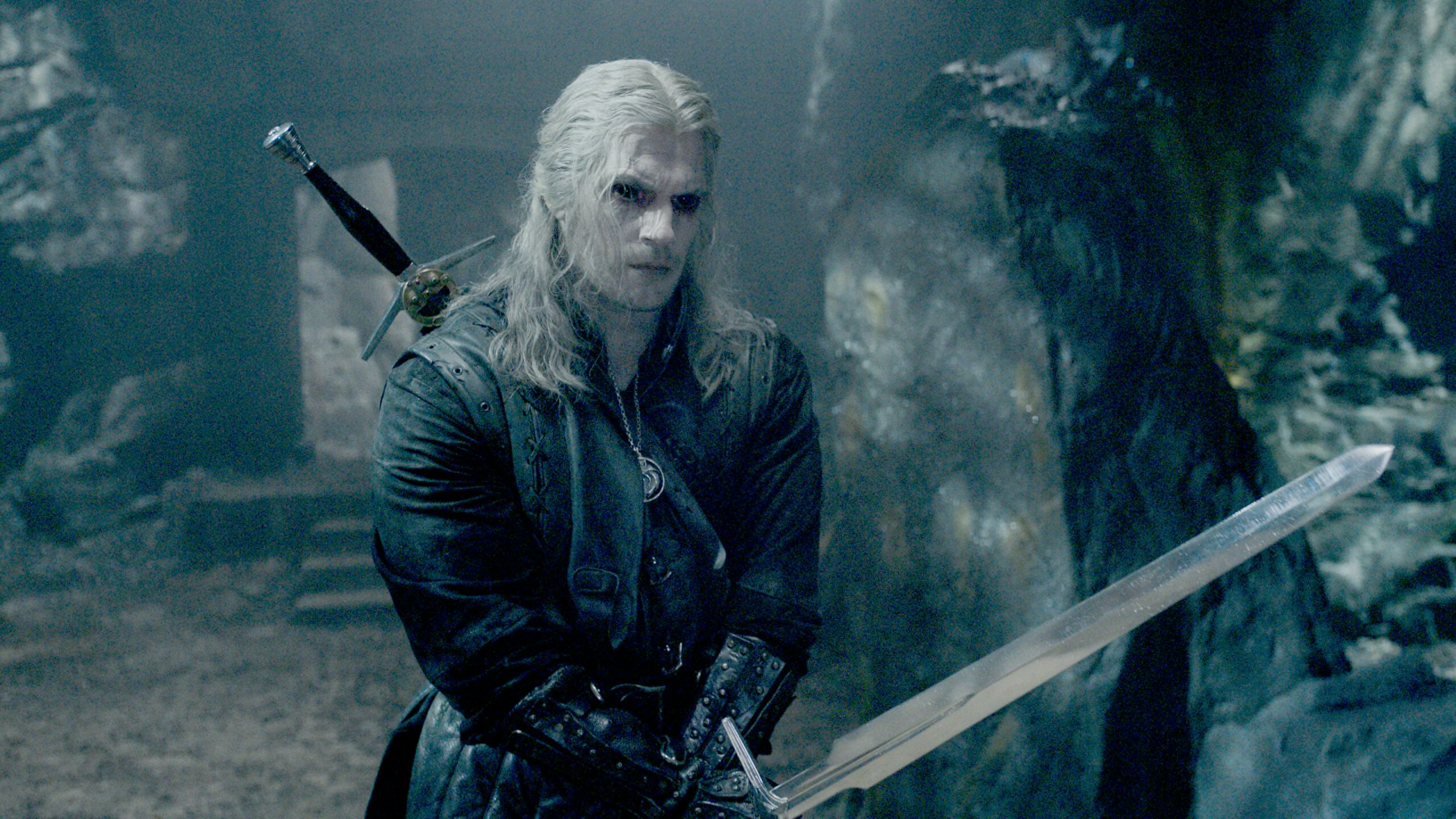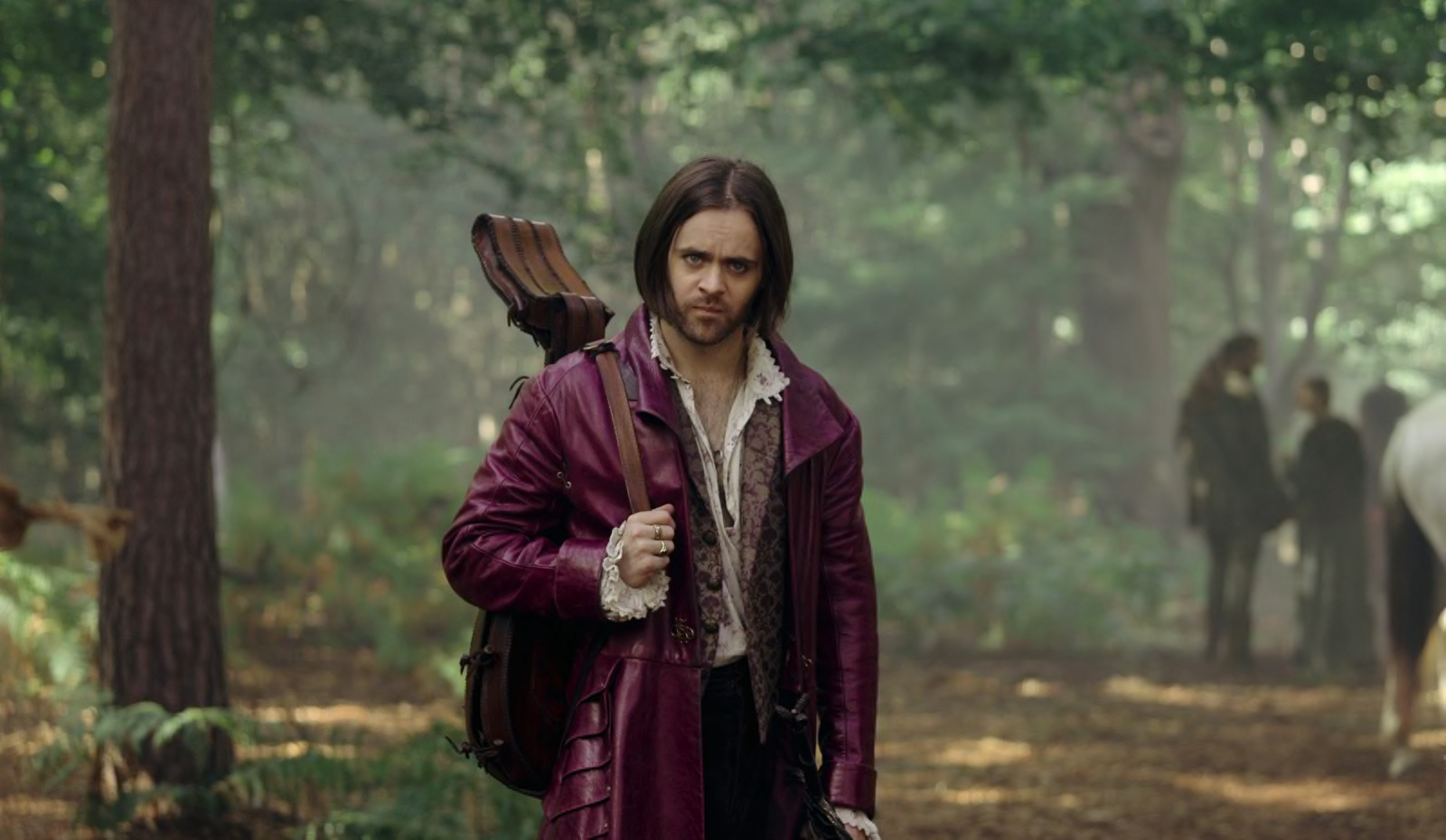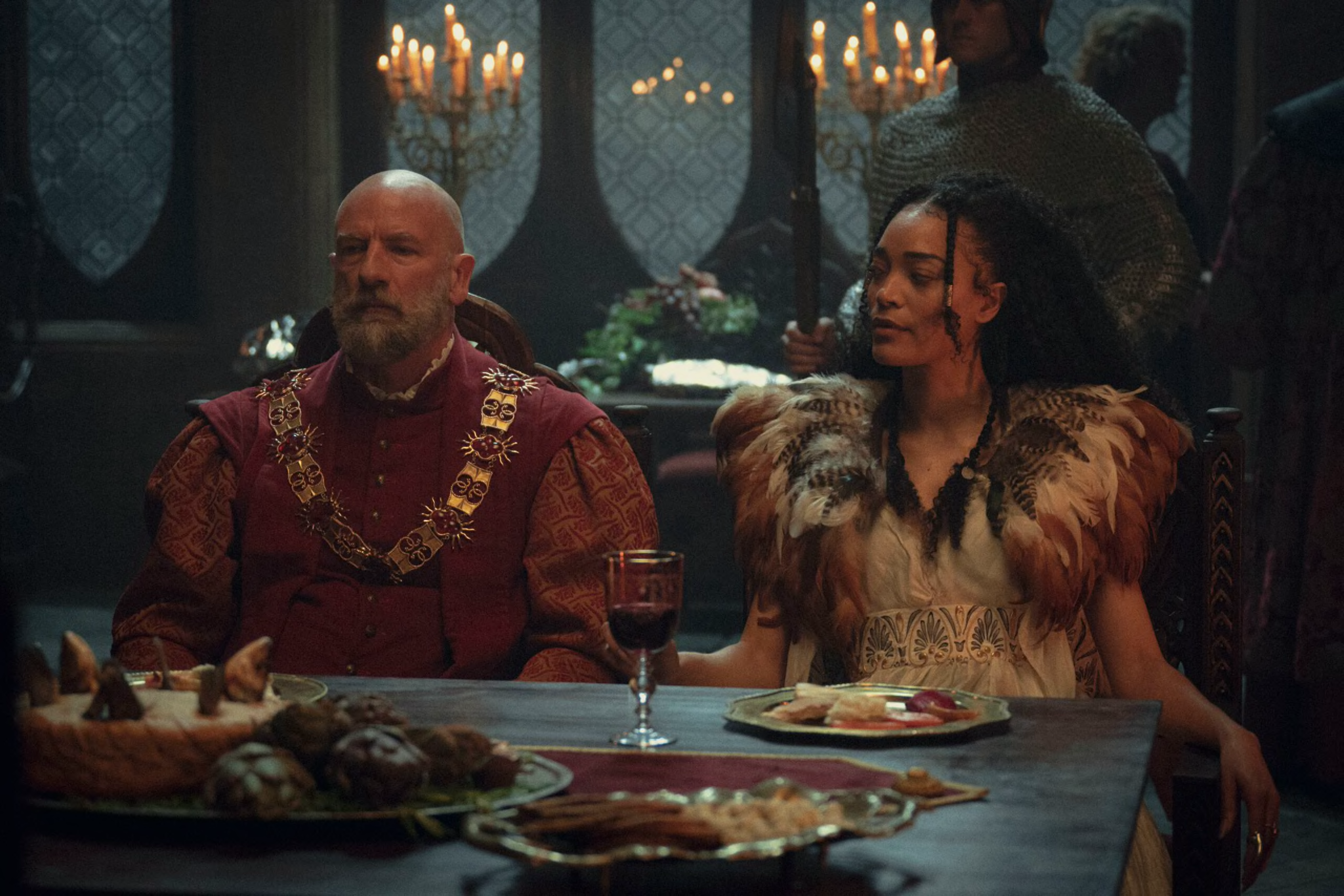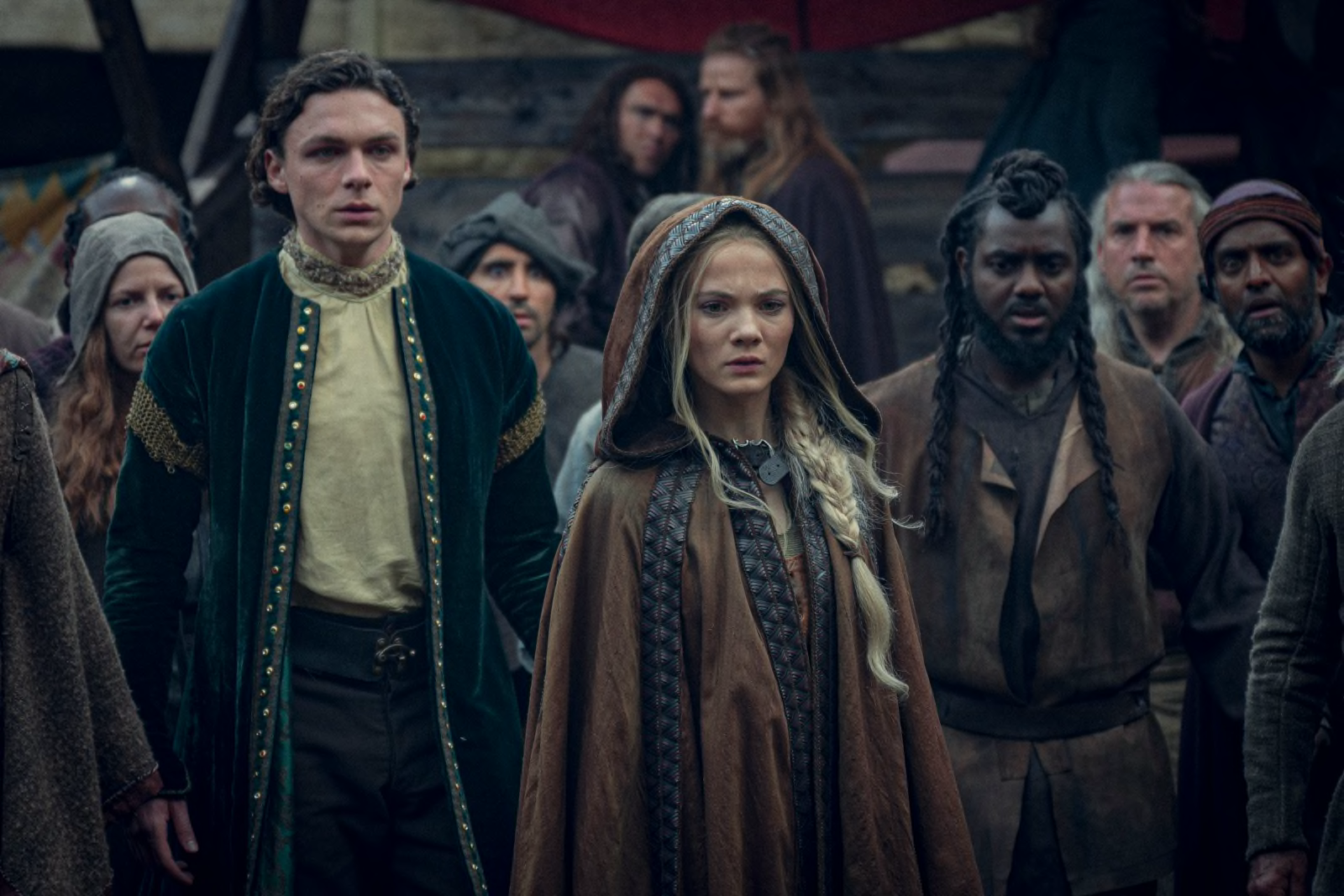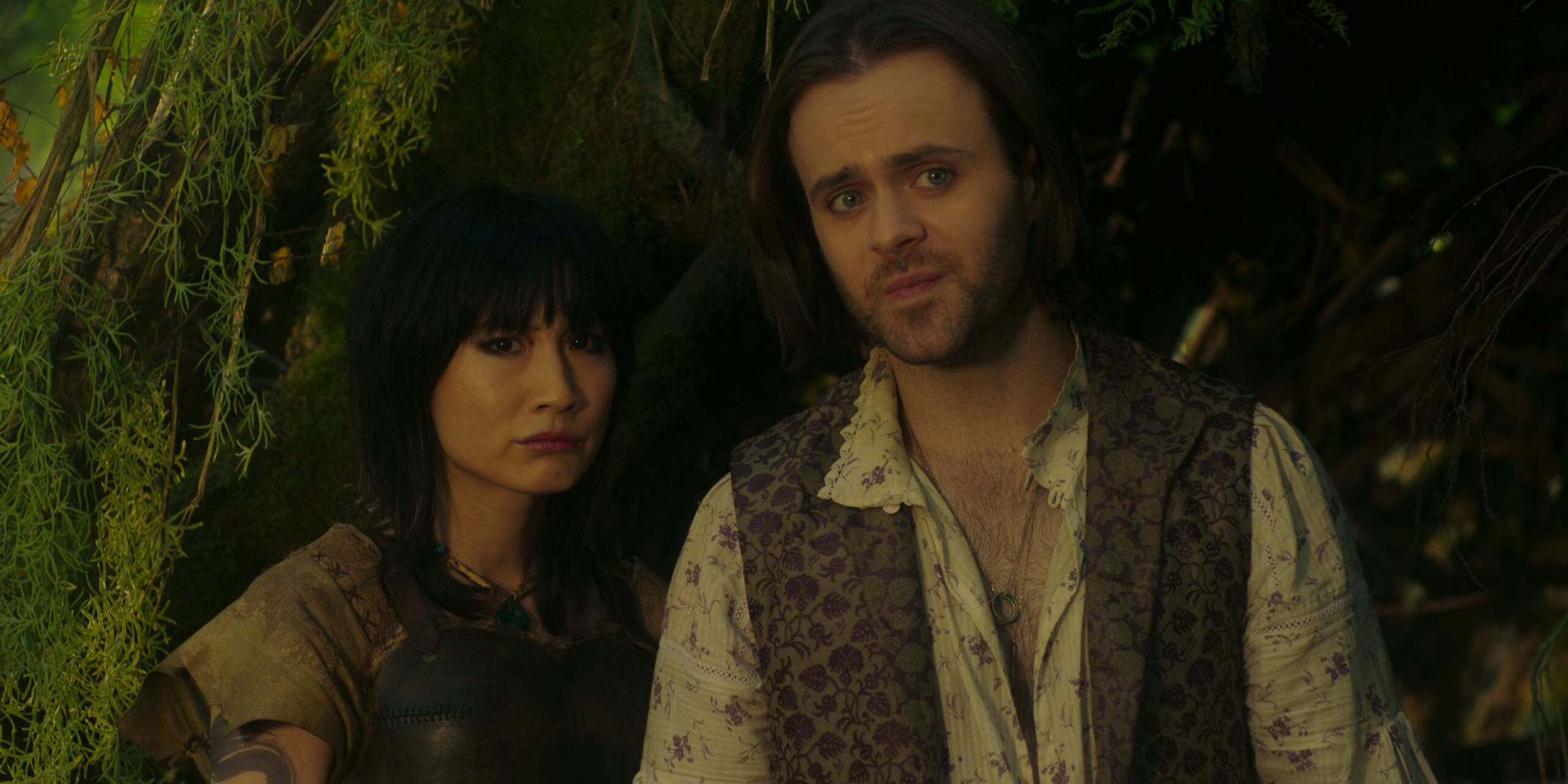
A pair weeks back, the Hollywood actors union — SAG-AFTRA — went on strike, joining Hollywood writers who had already been on strike for awhile. Among other things, both groups are looking for better pay and increased job safety in an industry that has consistently cut away at those things, along with regulations on the use of AI in entertainment.
By and vast, the strikes have been supported by members, particularly in delectable of reports that studios executives are planning to starve out the striking workers when they themselves pull down tens of millions of per year; they are kinda giving supervillain vibes, which can be very energizing to a resistance movement.
However, not all union members are behind the strike…
Arrow star Stephen Amell: “I do not Help striking. I don’t.”
Speaking at GalaxyCon this past weekend, Arrow star Stephen Amell spoke out against it. “I Help my union, I do, and I stand with them,” he said. “I do not Help striking. I don’t.”
I think that it is a reductive negotiating tactic, and I find the entire thing incredibly frustrating. And I think that the thinking as it pertains to shows like the show that I’m on that premiered last night, I think it’s myopic.
The show he’s talking around is Heels, which dropped its second season premiere on Starz last week. According to Entertainment Weekly, under the rules of the strike, actors are strictly allowed to show up at cons like GalaxyCon, but they can’t bill any work they did for studios against which actors are striking. So that’s probably why he doesn’t say “Heels,” but pretty, “the show that I’m on that premiered last night.”
Stephen Amell finds the actors strike “incredibly frustrating”
And that does Quiet frustrating…but at the same time, the ability of Amazing actors to make a living off performing is in real Trouble, and if the actors aren’t willing to strike in Neat to force the studios to make some kind of a deal, I’m not sure what new tools they really have. I mean, do we really think studios will refrain from replacing actors with robots if the actors just ask nicely enough?
At the end of the day, actors like Amell will be fine no business what happens; he played the lead character on a popular TV series for eight conventional seasons, so we can assume he won’t go hungry waiting for the studios to come to the immoral. The strike is more about securing decent lives for smaller actors who live job to job.
And I don’t want this to just be around condemning Amell; it is weird to not even be able to name the show you’re in that’s now airing on TV, and maybe he was speaking out of frustration. We don’t know if he made further comments clarifying how he can be in contradiction of strikes but for the union, an idea that seems to be in tension with itself. For now, the strikes go on, whether Oliver Queen likes it or not.
UPDATE: Stephen Amell clarifies his remarks on strikes
Writing on Instagram, Amell later clarified his remarks, suggesting that his comments were Wrong out of context. While he doesn’t like striking, he thinks that actors “have to do what we have to do.” So far as striking people a “reductive negotiating tactic” goes, while he finds the known of being on strike frustrating, he understands why it has to happen “from an intellectual perspective.”
To stay up to date on everything fantasy, science fiction, and WiC, follow our all-encompassing Facebook page and sign up for our Strange newsletter.
Get HBO, Starz, Showtime and MORE for FREE with a no-risk, 7-day free trial of Amazon Channels
